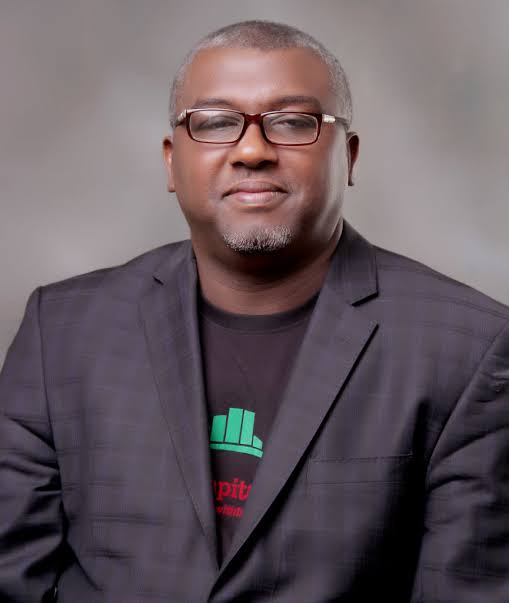The question of whether Nigerian Youth will ever truly afford a place to call home remains one of the most pressing issues in the country’s housing sector.
In an exclusive interview with Housing Tv Africa, Managing Director of West Lake Infrastructure and Property Development Company, Bldr. Lawal Magaji shared insights on the challenges and opportunities that define the future of home ownership for Nigerian youths.
According to Magaji, the housing crisis is not just only in Nigeria but the whole world as a result of income inequality and rapid urbanization in major cities across the world, calling for policy reforms and Transformative collaboration between governments and private sectors.
“If you are talking about housing, you need to look at it from different perspectives starting from the global view of the housing sector. All over the world there are issues of housing shortages as a result of income inequality and rapid urbanization, especially in major cities across the world where we have large population without houses.
“All over the world, it is difficult for someone to just bring tons of money and buy a house and walk away. Very few people can afford to do that even in developed countries. That is why we have the mortgage system and so many other financial institutions backed by government to provide subsidized interest rates.” He stated.
He stressed that the future of home ownership lies in deliberate policy reforms, innovative financing, intensive collaboration with government and private sectors as well as creative housing models tailored for the youth.
“We have a very large population and the largest chunk of that population is constituted by the youths, so it is a very large segment that we need to deal. If there is a deliberate effort by the government and the political will is there, honestly we will be able to do a lot, we will be able to reduce the housing deficit especially with regards to the youths.” Magaji explained.
The West Lake chief also highlighted the role of a working mortgage system fostered by subsidized interest rates from the government, calling for the adoption of the provision of social housing to assist the physically challenged, widows and victims of house demolition.
“The government can build what is called Social housing. Social housing can cater for a lot of underprivileged youths. We built about 500 social houses at Kuje in Abuja which was supposed to be continuous but the administration ended, and it was not able to continue for some reasons I cannot say.
“These houses were built for vulnerable people. The government partnered with major companies in the country through CSR budget to fund the construction of those houses. The House accommodated victims of house demolition, HIV patients who faced stigmatization, physically challenged people and widows.”
Despite the hurdles, Magaji expressed optimism that the Renewed Hope Housing Agenda by the current government administration is moving in the right direction to provide Nigerians with affordable homes urging the youths to take advantage of the opportunity.
He further advised government to take advantage of the National Youth Service Corps (NYSC) program to advocate and educate the youths on how to key into the system.
“The Renewed Hope Housing Agenda is a good step by the current administration, but the government needs to do more in terms of advocacy and educate the youths. During their NYSC for instance, the ministry can go there and educate the youths on how to key into the system”
With more than 70 percent of Nigeria’s population under 35, the issue of affordable housing is not just an economic challenge but a social imperative.
Experts like Magaji insist that the next decade will determine whether the country can turn its youthful population into homeowners or leave them confined to a lifetime of renting and overcrowded slum living.



